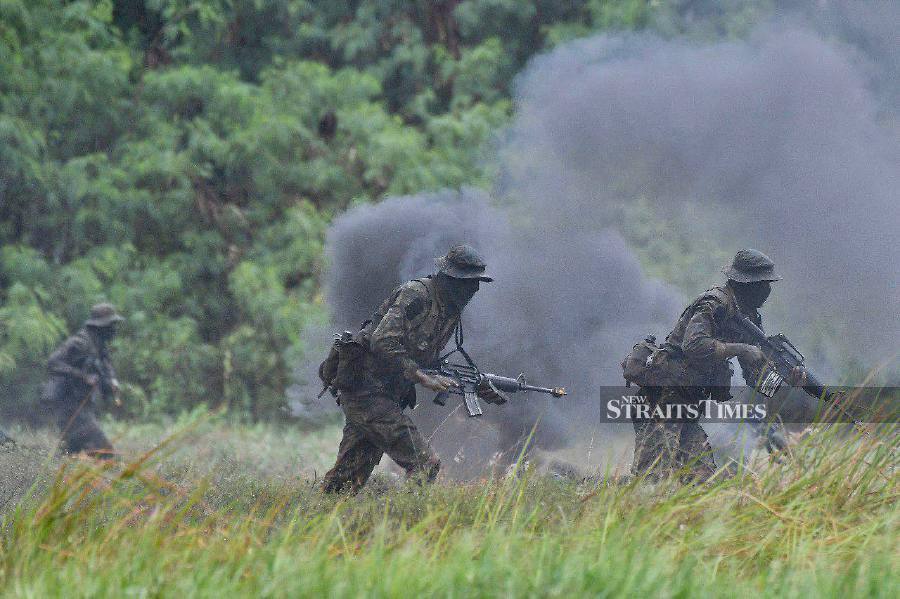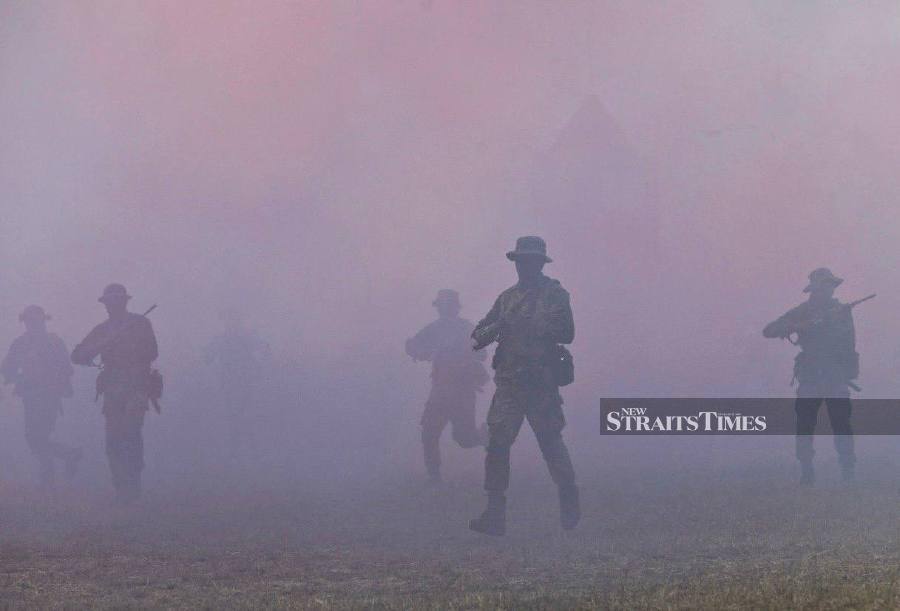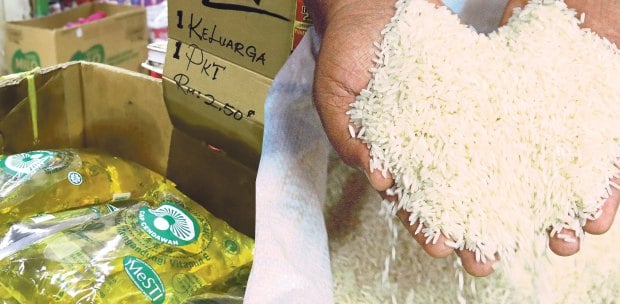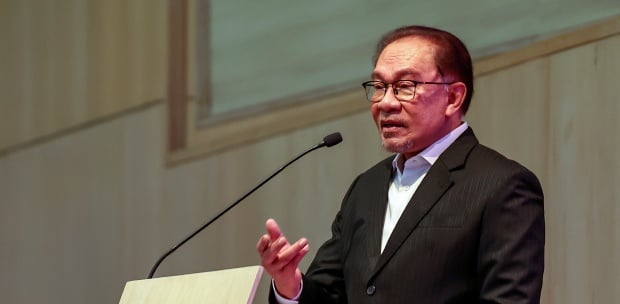IN 2016, Datuk Ayub Khan Mydin Pitchay, who was then the Deputy Director of the Special Branch of the Royal Malaysian Police, briefed the academics at the Institute of Islamic Understanding Malaysia (IKIM) on the terrorist threat.
Demonstrating the horrors of what the so-called Islamic State (IS/Daesh) insurgents did — not to enemy combatants, but to their prisoners and captives — either violently drowning them or mercilessly burning them to death, in contrast to the Islamic rules of engagement, he warned that it was a problem the country must be ever ready to confront for the next 20 years.
Amidst the recent renewal of demands by the claimants of the so-called Sulu Sultanate and the possibility of another future incident similar to the 2013 Lahad Datu incursion, there is a need for the majority of Muslims, the Ahl al-Sunnah wa'l-Jama'ah (People of the Prophetic Tradition and Community), to take back the narrative from fringe and extremist groups such as al-Qaeda, IS/Daesh, Abu Sayyaf, and the likes.
The root cause of the problem is disinformation and miseducation.
Just like ignoring the poor and the underprivileged or entirely suppressing them ignites anger and discontent towards the wealthy and the privileged, doing the same for the majority Sunni narrative emboldens the extremist groups to recruit followers from among the easily deluded members of the general public, thus undermining the country's sovereignty.
In this regard, the scholarly works on heresiology, such as al-Farq bayn al-Firaq (The Division among Divisions) by theologian al-Imam Abu Mansur 'Abd al-Qahir al-Baghdadi (d. 1037) are important and must be brought to bear because they deprive extremists of the argument of fighting for the sake of God and His religion.
The works have sections that are relevant and applicable to the present discourse, addressing especially those whose handiwork extends only to the wanton shedding of the three things Prophet Muhammad s.a.w. had deemed as sacred and inviolable among fellow Muslims: blood, property and honour, as recorded in the authentic (sahih) Hadith collections of Imam al-Bukhari and Imam Muslim.

Al-Baghdadi defines the Sunni in eight most general, broad, and inclusive divisions. The first five are the scholars who preserve and teach traditional religious knowledge: theologians (mutakallimun); jurisconsults (fuqaha); Hadith scholars (muhaddithun); grammarians (lughawiyyun); and Quran exegetes (mufassirun).
In the sixth division, the Sufis strive towards what can be summarily defined as practising the divine way of the religion (al-Shari'ah) in excellent manner (ihsan).
The final two divisions are namely the garrisoned troops on the frontiers of the Muslims facing belligerent disbelievers and the common Muslims in whose country the mark of the prophetic tradition prevails over the mark of misguided deviance.
Therefore, it is clear that the Sunni intellectual framework accords the nation's security forces a special place in Islam because not only do they defend the country and its people, they also protect the sanctity of the religion.
Otherwise, how can Muslims continue to bear witness, establish prayers, give alms (zakat), fast in the month of Ramadan, perform pilgrimage (hajj), celebrate the two Eids, and undertake other divinely-ordained religious duties in relative peace?
Last July 31, Malaysia celebrated its 62nd Warriors' Day, held annually (with the exception of the past two years due to the Covid-19 pandemic) to commemorate the bravery and sacrifices of servicemen who gave their lives during the two World Wars and the Malayan Emergency.
The celebration extends to those who have put in a lot of blood, sweat and tears in defending the nation's independence and sovereignty.
But, understanding all the above and recognising the important role of the troops today make the servicemen's contributions and sacrifices more meritorious and meaningful.
The writer is senior research officer at Centre for Science and Environment Studies, Institute of Islamic Understanding Malaysia (IKIM)





